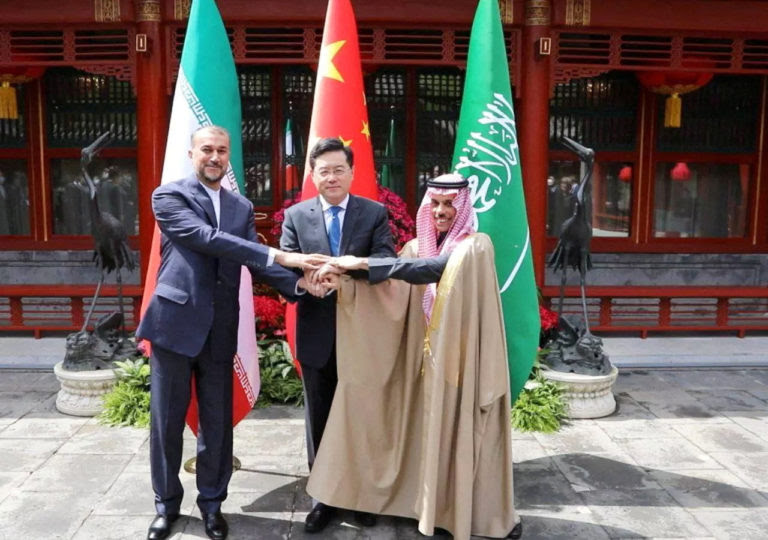According to the head of the International Monetary Fund (IMF), the global economy is predicted to grow by less than 3% this year, down from 3.4% last year, raising the risk of hunger and poverty around the world.
According to Kristalina Georgieva, this is “our lowest medium-term growth forecast since 1990.” She added that it would be a “severe blow,” making it even more difficult for low-income countries to catch up.
Growth is anticipated to stay around 3 percent for the next five years.
Hunger and poverty may worsen, continuing a risky trend that the COVID crisis set in motion, she said.
Georgieva made her remarks ahead of next week’s meetings of the IMF and the World Bank, when policymakers will gather to debate the most important challenges affecting the world economy.
The annual meeting will be held while central banks across the world keep raising interest rates to control persistent inflation.
And as a prolonged debt crisis in emerging economies increases debt burdens and hinders countries from growing.
Low-income nations are anticipated to experience a double shock from high borrowing rates and a reduction in export demand, which could result in an increase in poverty and hunger. Georgieva furthered
According to the IMF chief, threats to global financial stability include stubbornly high interest rates, a string of bank failures in the US and Europe, and widening geopolitical rifts.
According to Georgieva, nations have so far been “resilient climbers” out of the coronavirus epidemic, which has killed close to 6.9 million people worldwide.
Disrupted international supply lines, and made food poverty a global problem.
Yet, there were still many reasons for concern as wealthy countries struggle with debt and high inflation.
As the United States, the European Union, and other countries are reevaluating their economic relations with China, adding to concerns about instability.
















